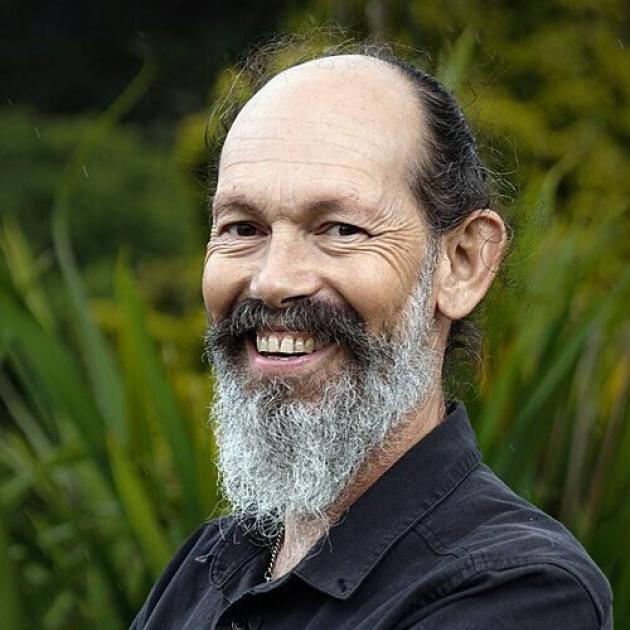
New Zealand’s regulations on genetically engineered crops and foodstuffs have been so stringent that since 1998, only three genetically modified organisms (GMOs) have been released into the environment without conditions.
That record has been a unique selling point for exporters — including Otago wine growers — but it is also seen as a restriction by those pushing for technological advancement.
If passed as is, the government’s new Gene Technology Bill would allow the import of gene-edited crop seeds, which under existing legislation are treated as GMOs, requiring Environmental Protection Authority approval.
Green Party food safety spokesman Steve Abel said what the government was proposing was a "radical deregulation" of the rules, introducing risks to all crops.
"There’s no biological co-existence.
"What we found in cross-examining egg research was that if a GMO, like ryegrass, gets released, that it will spread across the landscape."
That meant increased levels of contamination.
"Therefore, the non-GMO farmer forfeits GMO-free producer status, which currently all [New Zealand] farmers enjoy."
Mr Abel also questioned whether it was a coincidence it was happening at the same time as the government was pushing for increased levels of use of l chemical glyphosate, the foundation of many herbicides.
"The most widespread GMO crops in the world are the glyphosate-resistant ones, which means more glyphosate gets used. But those crops — the canola and the soy crops — are also not appropriate for New Zealand.
"It’s these sort of cheap and nasty GMO crops that are grown on a vast acreage in the United States and in Argentina that we should not be allowing at all in this country."
Waitaki Winegrowers Association chairman Dave Sutton said the Bill presented both upsides and downsides.

"There are, however, significant risks to ‘brand New Zealand’ from loosening restrictions ... and it is very important that the clean, green image of New Zealand wine is not compromised.
"We hold a privileged position in many markets by having a reputation for producing excellent wines that are sustainably and ethically produced, and there is a real dollar value associated with that."
Organic Aotearoa New Zealand was also opposed to the Bill and said co-existence between GE and non-GE systems was "impossible in practice".
The Bill would regulate activities relating to gene technologies and genetically-modified organisms — broadly defined to cover future developments.
Activities involving regulated organisms would be prohibited unless authorised or exempt.
Following a parliamentary select committee report, released on October 10, there is still widespread concern.
The Labour Party, Act New Zealand and NZ First have all stated reservations.
Science, Innovation and Technology Minister Shane Reti said both the new rules and the regulator would ensure risks to human health and the environment were "reasonably managed in a risk-proportionate way".
"The benefits include improving health outcomes, managing pests, lifting agricultural productivity and boosting exports.
"A specific example for North Otago-South Canterbury, Scion has developed gene-edited Douglas fir to create sterile trees that could be planted without the risk of exacerbating New Zealand’s wilding pine issue."
While the Bill would allow the import of seeds gene-edited to withstand higher levels of glyphosate, he did not accept that the new rules, if introduced, would encourage its overuse, Dr Reti told Allied Media.
He also rejected the idea that modified seeds could not co-exist with GE-free seeds, saying new GMO applications would undergo a full risk assessment and public consultation.











